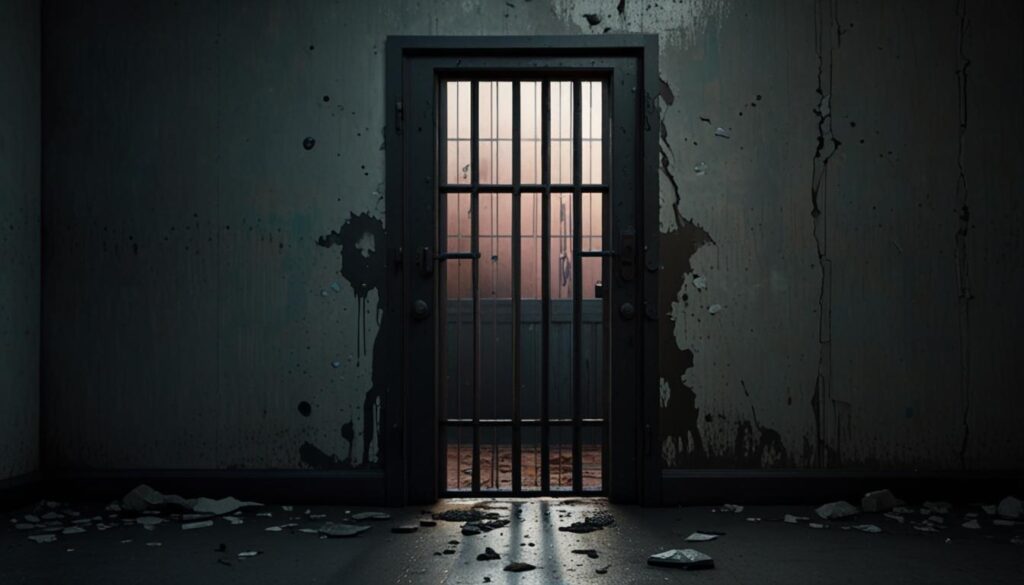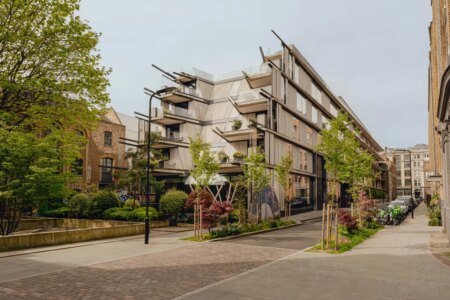The chilling ordeal of Ada, a young transgender woman from Russia, unveils the harsh realities and systemic human rights violations faced by LGBTQ individuals under oppressive laws.
In 2021, Ada, a 23-year-old transgender individual from Russia, was deceived into a conversion therapy center under the guise of accompanying a relative for major heart surgery in Novosibirsk. Instead, she found herself at a remote farm in Siberia where her ordeal commenced. Stripped of her smartwatch and phone, she was told, “Now we’re going to cure you of your perversion.” What followed were gruelling months of forced testosterone treatments, compulsory prayers, and demanding manual labor.
A particularly traumatic moment during her confinement involved being instructed to castrate a pig—a horrifying tactic meant to convey the gravity of undergoing her desired transition surgery. Paralyzed with fear and confusion, Ada suffered a panic attack and was unable to comply. After enduring nine months of this harrowing treatment, she seized an opportunity when she found a phone left unattended, allowing her to call the police. The intervention of law enforcement led to her release, although the conversion center denied any knowledge of such programs when contacted.
Ada’s experience is part of a larger pattern of systemic human rights violations against LGBTQ+ individuals in Russia. With increasingly restrictive laws targeting the LGBTQ+ community since 2023, legal reforms have effectively stripped transgender individuals of fundamental rights such as changing their personal details on documents and accessing gender reassignment surgery. Ada was among the last individuals to amend her legal identity before these stringent measures took effect in July 2023.
Russia’s legislative blitz against LGBTQ+ rights is closely aligned with President Vladimir Putin’s broader political narrative, positioning himself as a defender of traditional Russian values against the decadence of the West. Statements made by Putin and the recent declaration of the “international LGBT movement” as an extremist organization reflect an official stance that severely criminalizes any form of LGBTQ+ expression or support.
The real-world implications of these policies are illustrated by two young individuals prosecuted in Orenburg for the simple act of running an LGBTQ-friendly bar. The potential penalties they face underscore the harsh reality for LGBTQ+ Russians under the new laws—up to 12 years in jail for what is deemed “extremist activity.”
Ada’s escape from the conversion center led her to create a sanctuary for other transgender individuals in Moscow. However, with the increasing legal risks and societal hostility, she ultimately felt compelled to leave Russia, finding refuge in Europe.
Her story resonates with that of Francis, another transgender individual who fled Russia in 2018. Francis, after beginning his transition, faced severe repercussions from local authorities, resulting in the loss of custody of his adopted children. His family now resides in Spain, far from the oppressive measures of their homeland.
Ally, who identifies as non-binary and uses the pronoun “they,” left Russia following the invasion of Ukraine. Though their departure was politically motivated, they could not escape the pervasive climates of fear and exclusion. Ally’s story of self-realization, culminating in a mastectomy, highlights the personal challenges and societal barriers non-binary and transgender individuals face both within and outside Russia. Their sentiment poignantly captures the dual hardships experienced: “In Russia, the authorities don’t like us because we’re transgender. Abroad, people don’t like us because we’re Russians.”


















